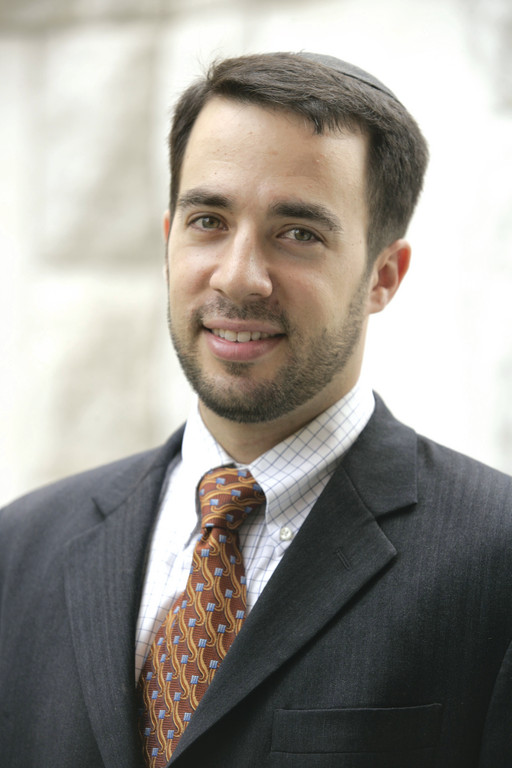‘Stolen’ blessings in Toldot: Not as simple as we thought
My best teachers taught that when a question bothers you, seek from everywhere you can until you find a satisfactory answer. This is one of the reasons why I have found real Chumash questions to be much better answered when learning what all the commentaries say, rather than just reading Rashi or Ramban. One of my rebbeim used to mock the idea that there could be a class on “Ramban Al HaTorah,” as if to suggest that one commentary is the end-all in studying Chumash.
Please don’t misunderstand. Every commentary has an approach, and every commentary can only write so much. This is more of a reminder to look beyond a small circle of learning and try to glean the full picture, and perhaps even come up with a novel interpretation — a chiddush!
An objective observer can’t help feeling sorry for Eisav, standing and then perhaps falling to his knees before his father after being informed that his brother Yaakov has already come and taken the coveted blessings of the firstborn. It’s a sad, almost pathetic scene, in which a grown man, age 63, is weeping before his 123 year old father, screaming, crying, throwing the biggest fit, before resorting to threats to kill his brother when the old man dies.
Was Yaakov a thief and, therefore, in the wrong? Was Eisav wronged? Or, perhaps, are we going about this the wrong way? (Disclaimer: Ramban disagrees with most of what follows!)
The Hadar Zekeinim anthology notes that the way the Torah is transcribed makes the events seem consecutive, as opposed to simultaneous. In fact, at the same time that Yitzchak was lamenting his own flaws, trying to figure out how he could be duped into blessing his younger son, Eisav was thinking aloud, saying, “He took my birthright.”

 55.0°,
Mostly Cloudy
55.0°,
Mostly Cloudy 




